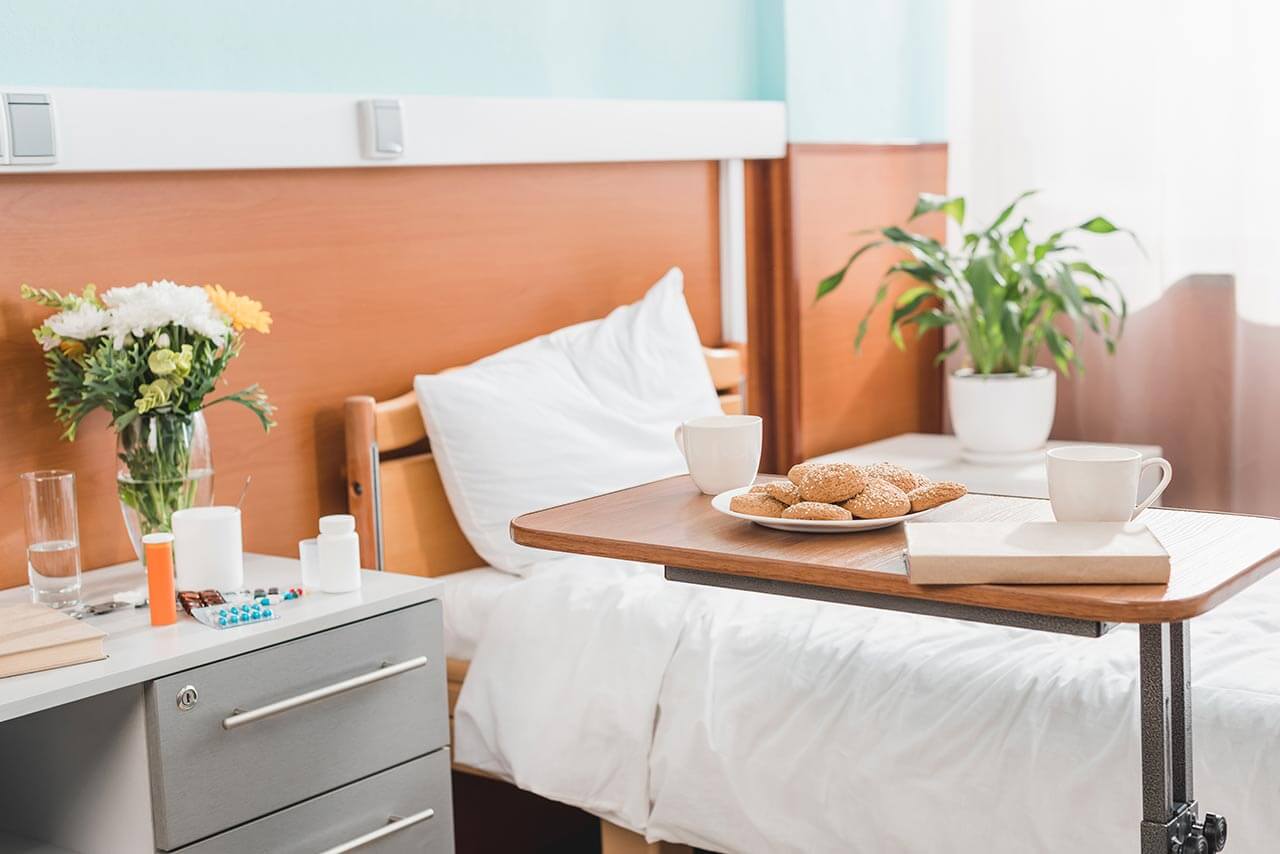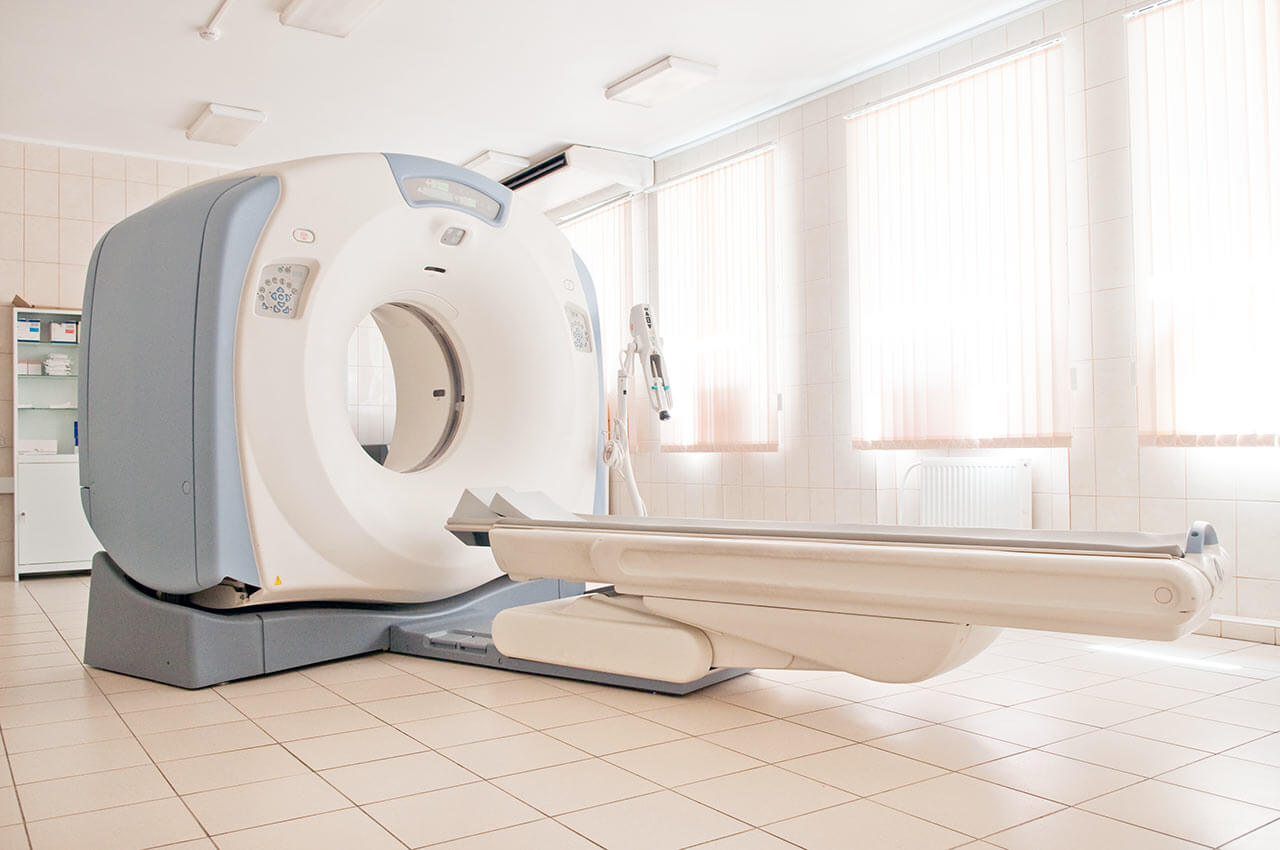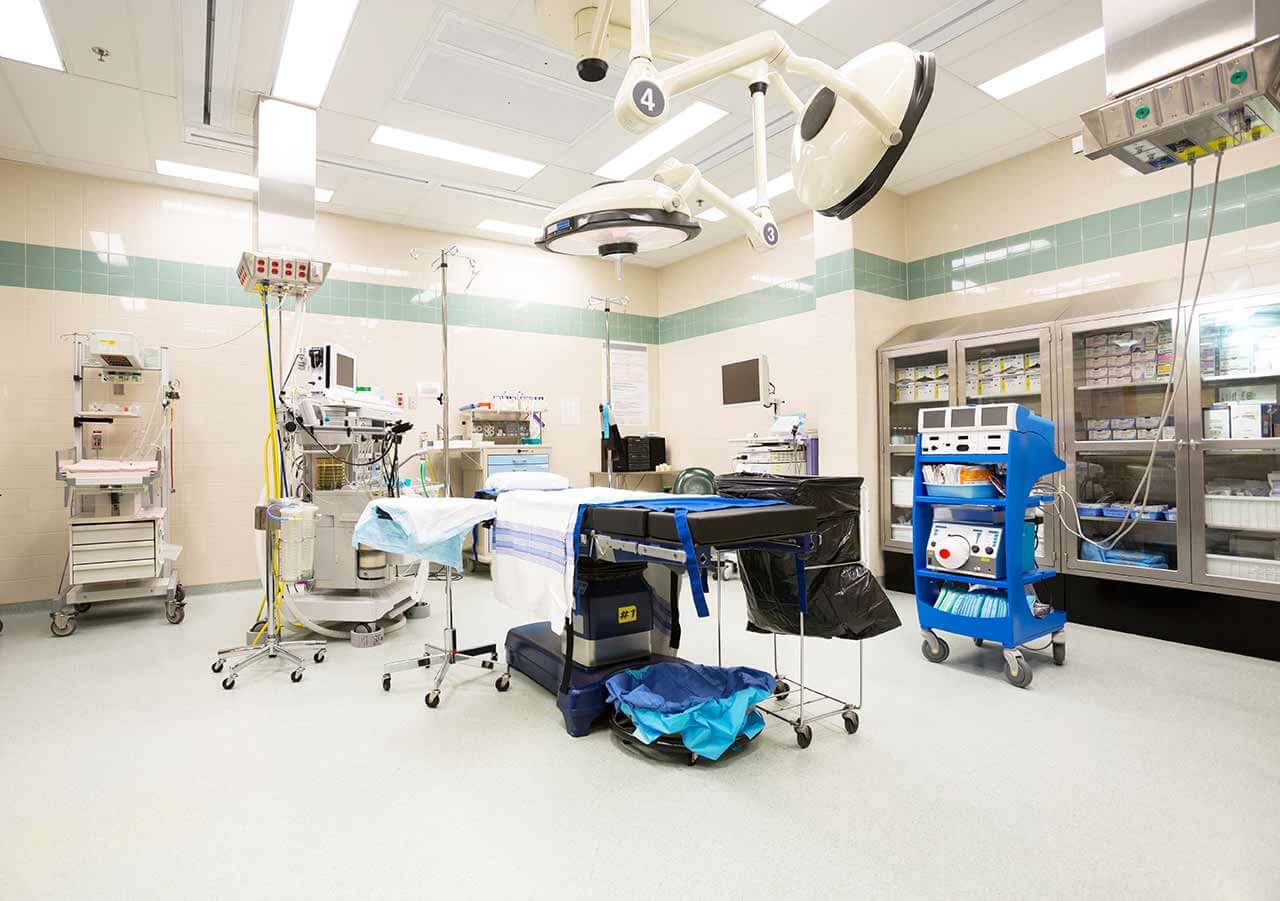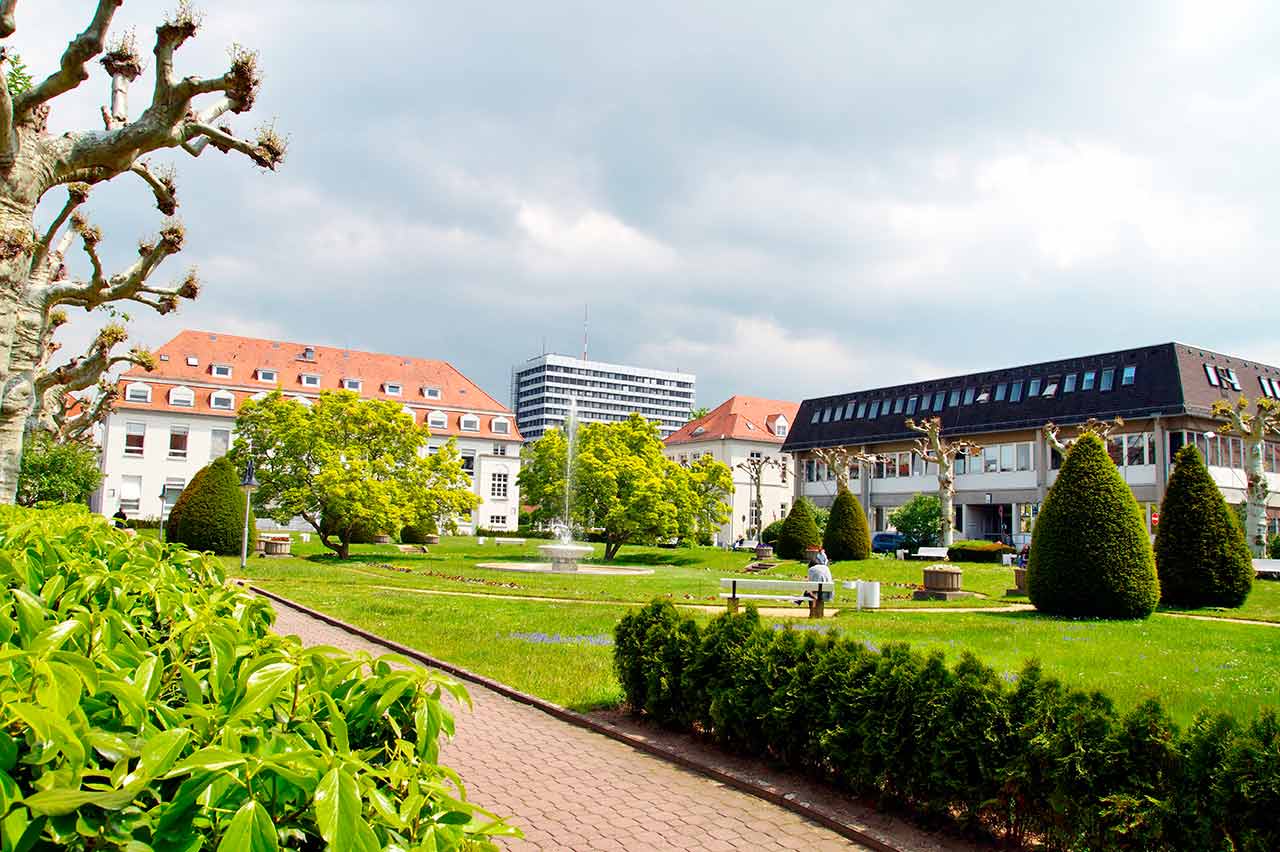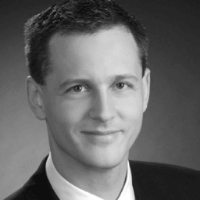
The program includes:
- Initial presentation in the clinic
- clinical history taking
- review of medical records
- physical examination
- laboratory tests:
- complete blood count
- general urine analysis
- biochemical analysis of blood
- inflammation indicators (CRP, ESR)
- indicators blood coagulation
- neurological examination
- functionality x-ray
- CT/MRI scan
- neuropsychological tests (on indications):
- ENMG (electroneuromyography)
- EEG (electroencephalography)
- SEPs (somatosensory evoked potentials)
- VEPs (visually evoked potentials)
- BAEP tests (brainstem auditory evoked potential)
- preoperative care
- treatment of angioma with coiling or radiosurgery
- 1-day intensive care unit stay
- postoperative MRI control
- symptomatic treatment
- control examinations
- the cost of essential medicines and materials
- nursing services
- full hospital accommodation
- developing of further guidance
Required documents
- Medical records
- MRI/CT scan (if available)
- MR/CT-angiography (if available)
Service
You may also book:
 BookingHealth Price from:
BookingHealth Price from:
About the department
The Department of Neuroradiology at the University Hospital Mainz offers the full range of services in the field of neuroradiological diagnostics and interventional therapy of neurological diseases. The department has more than 50 years of clinical experience, therefore it guarantees patients advanced knowledge and unique achievements in this focus. The department’s significant achievement is the certification of the German Society for Interventional Radiology and Minimally Invasive Therapy (DeGIR). The Chief Physician of the department is Prof. Dr. med. M.Sc. Marc Brockmann.
It should be noted that the department has state-of-the-art imaging systems that allow for highly accurate diagnostics of the smallest pathological changes in the central nervous system (brain and spinal cord, skull, spine), as well as sparing minimally invasive interventions to treat these changes.
The service range of the department includes:
- Diagnostics
- Conventional X-ray studies
- Computed tomography (CT)
- Magnetic resonance imaging (MRI)
- Myelography (contrast-enhanced X-ray study of the liquor-conducting pathways of the spinal cord)
- Angiography (contrast-enhanced study of blood vessels)
- Biopsy followed by histological examination
- Lumbar puncture
- Endovascular procedures for vascular closure
- Embolization (for example, in arteriovenous angiomas, fistulas)
- Coiling for the treatment of aneurysms
- Preoperative embolization of glomus tumors of the skull base
- Embolization in acute facial and nasopharyngeal bleeding after severe injuries, operations, or in the case of unstable nose bleeding without any apparent causes
- Procedures for vascular dilation
- Recanalization to improve blood circulation or restore cerebral vascular patency during stroke
- Intra-arterial thrombolysis
- Balloon dilatation in carotid stenosis
- Stenting in carotid stenosis
- Minimally invasive pain therapy to eliminate intervertebral disc and spinal pain
- Facet joint block
- Sacroiliac joint block
- Thermal coagulation
- Periradicular therapy
- Vertebroplasty to treat pathological and osteoporotic vertebral fractures
- Other diagnostic and therapeutic measures
Curriculum vitae
Prof. Marc Brockmann studied Human Medicine at the University Medical Center Hamburg-Eppendorf (1993 - 2003). He is a Medical Specialist in Radiology with a focus on Neuroradiology. From 2003 to 2004 he served as an Assistant Physician at the Institute of Neuroradiology at the University Hospital Schleswig-Holstein. From 2004 to 2013, he worked in various medical institutions, including a post of a Senior Physician in the Department of Neuroradiology, University Hospital Mannheim (2009). In 2013, he was appointed as a Managing Senior Physician in the Department of Diagnostic and Interventional Neuroradiology at the University Hospital Aachen, and also accepted the offer to become a W2 Professor in Experimental Interventional Neuroradiology. Since March 1, 2016, Prof. Marc Brockmann has been heading the Department of Neuroradiology at the University Hospital Mainz.
Photo of the doctor: (c) Universitätsmedizin der Johannes Gutenberg-Universität Mainz
About hospital
The University Hospital Mainz is one of the best maximum care medical facilities in Germany and an internationally recognized scientific center. There are more than 60 departments and institutes, which represent all fields of modern medicine. The hospital serves more than 68,000 inpatients and more than 273,000 outpatients annually, which testifies to the excellent reputation of this medical institution.
The key to the successful clinical practice is also a highly qualified medical staff, which consists of 7.800 employees from various fields. The doctors of the hospital are convinced that each clinical case requires an individual approach, therefore, they devote much time to consultations and communication with patients. The main goal of all hospital employees is to provide an optimal medical care based on the use of the state-of-art diagnostic and therapeutic measures, as well as the introduction of the latest scientific achievements into the medical practice.
The best interns and assistant physicians are trained here. The world-famous leading physicians of the hospital share their long experience and professional skills. Naturally, an integral part of the university hospital work is research, thanks to which many innovative possibilities in the field of diagnostics and therapy have been developed.
Photo: (c) depositphotos
Accommodation in hospital
Patients rooms
The patients of the University Hospital Mainz live in bright, spacious and comfortable rooms. The patient rooms are equipped with modern electronically adjustable beds, which at the touch of a button automatically assume a specified position. Also, there is a TV and a telephone in the patient rooms. To use them, it is necessary to get a prepaid card (in vending machines at the entrance to the hospital). The use of a TV is free, but the patient will need headphones. Telephone calls are made for a fixed fee, which will be withdrawn from the prepaid card at discharge from the hospital. Also, each patient room is equipped with an ensuite bathroom with shower, washbasin and toilet.
Meals and Menus
The patients of the hospital are offered a tasty and balanced three meals a day: breakfast, lunch and dinner. The menu also includes vegetarian and dietary dishes. In addition, for both patients and their visitors there are available cafeterias and bakeries, where one can buy baked goods, snacks, hot and cold drinks.
Further details
Standard rooms include:
